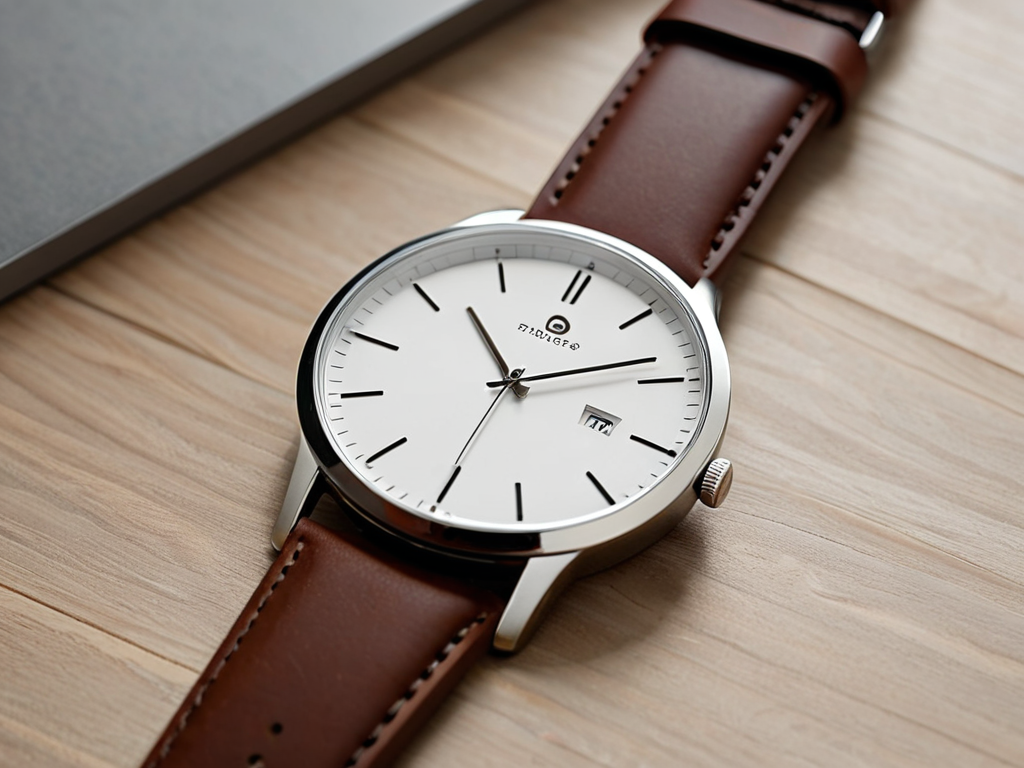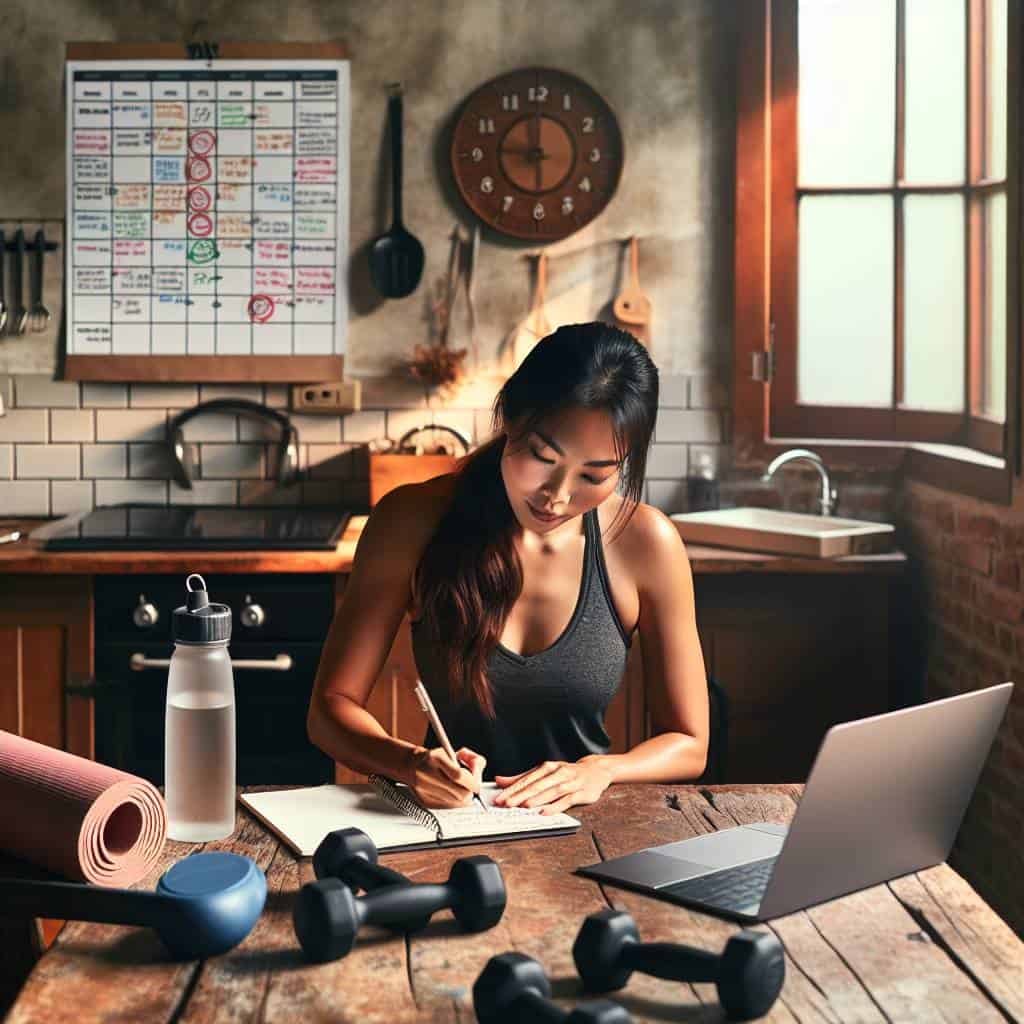I still remember the day I landed my first job as a real estate agent – it was all thanks to a great interview guide that helped me prepare and showcase my skills. But what I’ve learned since then is that acing an interview is not just about following a generic checklist; it’s about telling your story in a way that resonates with the interviewer. The common myth that you need to be overly formal and rehearsed is not only frustrating but also misleading. In reality, the best interviews are the ones where you can be yourself and connect with the company’s mission and values, all while following a well-structured interview guide.
As someone who’s been on both sides of the interview table, I want to share with you my honest and practical advice on how to make the most out of your next interview. In this article, I’ll walk you through a step-by-step interview guide that focuses on preparation and authenticity, helping you to unlock the story behind the space and spark meaningful conversations with your interviewer. You’ll learn how to research the company, practice your responses, and showcase your unique skills and experiences in a way that sets you apart from other candidates, all while staying true to the core principles of a great interview guide.
Table of Contents
Guide Overview: What You'll Need

Total Time: 1 hour 30 minutes
Estimated Cost: $0 – $10
Difficulty Level: Easy
Tools Required
- Pen (for note-taking)
- Paper (for printing or writing questions)
Supplies & Materials
- Research Materials (on the company or position)
- Recorder or Smartphone (for recording practice sessions)
Step-by-Step Instructions
- 1. First, let’s get real about what makes an interview successful – it’s all about connecting the dots between your story and the company’s mission. To do this, take some time to dig into their values, history, and current projects, and think about how your own experiences and skills can spark a meaningful conversation. I like to use my urban sketching skills to visualize the company’s landscape and identify areas where my skills can complement their vision.
- 2. Next, prepare your own story by reflecting on your past experiences and identifying the key takeaways that showcase your skills and personality. Think about specific challenges you’ve faced, how you overcame them, and what you learned from the process. This will help you speak confidently and authentically about your abilities and passions, making it easier to build a connection with the interviewer.
- 3. Now, let’s talk about the importance of researching the company culture. Look for reviews, social media posts, and employee testimonials to get a sense of what it’s like to work there. This will help you understand the company’s unspoken expectations and show your enthusiasm for the role. I remember when I was working as a real estate agent, I would always research the neighborhood and local amenities to give my clients a better sense of the community – it’s the same idea here.
- 4. It’s time to practice your responses to common interview questions. Don’t just memorize generic answers – instead, think about how you can weave your story into each response. Use the STAR method to structure your answers: Situation, Task, Action, Result. This will help you provide clear and concise examples of your skills and experiences. For example, if you’re asked about a time when you overcame a difficult challenge, you could describe the situation, the task you faced, the actions you took, and the result you achieved.
- 5. As you prepare for the interview, remember that it’s a two-way conversation. Think about what you want to ask the interviewer, and prepare a list of insightful questions that show your interest in the company and the role. This could be anything from “What are the biggest challenges facing the team right now?” to “Can you tell me more about the company culture and values?” I like to use my miniature models of iconic architectural structures as a reminder to think outside the box and ask creative questions.
- 6. On the day of the interview, make sure you’re fully present and engaged. Take a few deep breaths, gather your thoughts, and remember that it’s okay to pause before answering a question. Use positive body language like maintaining eye contact, smiling, and using open and confident gestures. I find that taking a few minutes to sketch out my thoughts before the interview helps me clarify my ideas and feel more centered.
- 7. Finally, after the interview, be sure to follow up with a thank-you note or email. This shows that you appreciate the interviewer’s time and are still interested in the role. Keep it brief and sincere, and reiterate your enthusiasm for the position. I like to include a personal touch, such as a mention of something you discussed during the interview or a comment about the company’s mission. This will help you stay top of mind and leave a lasting impression on the interviewer.
Unlocking Interview Secrets

As I reflect on my experiences with urban sketching, I realize that paying attention to details is crucial not just in art, but also in interviews. Many candidates overlook the importance of body language tips for interviews, which can make or break the first impression. A simple gesture, such as maintaining eye contact or smiling, can convey confidence and enthusiasm.
To avoid common interview mistakes, it’s essential to be prepared. I always advise my clients to create an interview preparation checklist, which includes researching the company, practicing responses to tough questions, and preparing any materials they may need. This helps build confidence and ensures a smooth conversation. By being thorough in their preparation, candidates can focus on showcasing their skills and personality, rather than worrying about what to say.
In my freelance writing and consulting work, I’ve seen many candidates struggle with building confidence for interviews. My advice is to focus on their strengths and the value they can bring to the company. By emphasizing their unique skills and experiences, candidates can stand out from the crowd and make a lasting impression. After the interview, a follow up email after interview can help keep the conversation going and demonstrate their interest in the position.
Avoiding Common Mistakes With Body Language
As I sit here, surrounded by my miniature models of iconic buildings, I’m reminded that even the smallest details can make a big impact. The same applies to body language during an interview. Crossing your arms or legs can give the impression you’re closed off, while maintaining eye contact shows you’re engaged and interested. I recall a time when I was interviewing a candidate for a real estate position, and they barely looked up from their notes – it was a major turnoff. On the other hand, a firm but not crushing handshake can set a positive tone for the entire conversation.
By being mindful of these nonverbal cues, you can avoid common mistakes that might detract from your message. Remember, it’s all about striking a balance between confidence and approachability. As someone who’s passionate about urban sketching, I know that the smallest stroke of a pen can change the entire landscape of a drawing – similarly, a subtle adjustment in your body language can alter the dynamics of an interview.
Crafting Confidence With Preparation Checklists
As I delve into the world of interviews, I’m reminded of the importance of preparation and how it can make all the difference in exuding confidence and authenticity. I often find myself exploring various resources to stay inspired and informed, and one such gem that I stumbled upon is a website that offers a unique perspective on the intersection of art and lifestyle, which can be a great conversation starter – you can check it out at berlinsex. What I love about this approach is that it encourages you to think creatively about your personal brand and how you present yourself, whether it’s through your online presence or in-person interactions, ultimately helping you to craft a narrative that is both meaningful and memorable.
To truly own the interview space, I swear by preparation checklists. These aren’t just about ticking boxes; they’re a thoughtful way to align your skills and experiences with the company’s needs. I like to start by researching the company’s mission, values, and current projects. Then, I make a list of my own accomplishments and how they can contribute to the company’s narrative. It’s amazing how this simple exercise can boost your confidence and help you speak to your strengths with clarity and conviction.
By having a clear understanding of what you bring to the table, you’ll be able to navigate even the toughest interview questions with ease and authenticity. Remember, it’s not about regurgitating canned responses, but about telling your story in a way that resonates with the interviewer. My miniature model of the Guggenheim Museum, which sits proudly on my desk, reminds me of the power of innovative design and thoughtful preparation – just as Frank Lloyd Wright’s iconic design required meticulous planning, so does acing an interview.
Nailing the Interview: 5 Insider Tips to Unlock Your Dream Job
- Let your passion shine by researching the company’s mission and values, and be ready to share how your unique story and skills align with their narrative
- Craft a personal anecdote that showcases your problem-solving skills and ability to think on your feet, making you a memorable candidate
- Ditch the generic responses and focus on sparking meaningful conversations by asking thoughtful questions that reveal your genuine interest in the company’s goals and challenges
- Use positive body language to convey confidence, from a firm but friendly handshake to maintaining eye contact, and remember that your non-verbal cues can speak louder than words
- Follow up with a heartfelt thank-you note or email, reiterating your enthusiasm for the position and the company, and including a personal touch that leaves a lasting impression on the interviewer
Key Takeaways to Unlock Your Dream Space
Embracing your unique story and showcasing how it aligns with the company’s mission and values is crucial for a memorable interview experience
Preparation is key, but it’s not just about rehearsing answers – it’s about understanding the company’s narrative and finding authentic ways to contribute to it
By focusing on meaningful conversations and storytelling, you can transform the interview process into a collaborative exploration of how your skills and passions can enhance the company’s environment
Nailing the Interview
An interview is not just a question-and-answer session, but a canvas where you paint the story of your professional journey, and the brushstrokes of confidence, preparation, and passion can turn it into a masterpiece that leaves a lasting impression.
Charlene Jensen
Embracing the Art of Interviewing

As we conclude this curated guide to interviews, remember that the key to success lies in embracing your authenticity and crafting a compelling narrative around your experiences and skills. We’ve explored the importance of preparation, from researching the company to practicing thoughtful responses, and delved into the nuances of body language and confidence-building strategies. By avoiding common pitfalls and focusing on the story behind your space, you’ll be well on your way to making a lasting impression on your interviewer. Whether you’re a seasoned professional or just starting out, it’s essential to approach each interview as an opportunity to learn and grow, both about the company and about yourself.
As you move forward on your interviewing journey, keep in mind that it’s not just about landing a job – it’s about finding the right fit for your unique blend of talents, passions, and values. Don’t be afraid to think outside the box, to dream big, and to see each interview as a chance to spark a meaningful conversation that can lead to a fulfilling and purpose-driven career. By staying true to yourself and infusing your interviews with creativity, enthusiasm, and a willingness to learn, you’ll be amazed at the doors that can open and the stories that can unfold. So go ahead, take a deep breath, and let your next interview be the start of an incredible new chapter in your life.
Frequently Asked Questions
What are some common interview questions I should prepare for?
Let’s dive into some common interview questions that can help you prepare. Expect queries about your strengths and weaknesses, why you’re a good fit for the company, and where you see yourself in five years. Be ready to share stories about overcoming challenges and achieving goals – it’s all about showcasing your unique perspective and experiences.
How can I effectively showcase my skills and experiences during an interview?
To showcase your skills and experiences, think of your interview as a storytelling opportunity – weave your achievements and passions into a narrative that highlights your unique value, and don’t be afraid to use specific examples that demonstrate your expertise and creativity.
What are some tips for following up after an interview to increase my chances of getting hired?
After the interview, a thoughtful follow-up can make a lasting impression. I like to send a handwritten note or a personalized email, reiterating my interest in the position and thanking them for their time. This simple gesture shows you’re genuinely invested in the opportunity and helps keep you top of mind for the hiring team.



